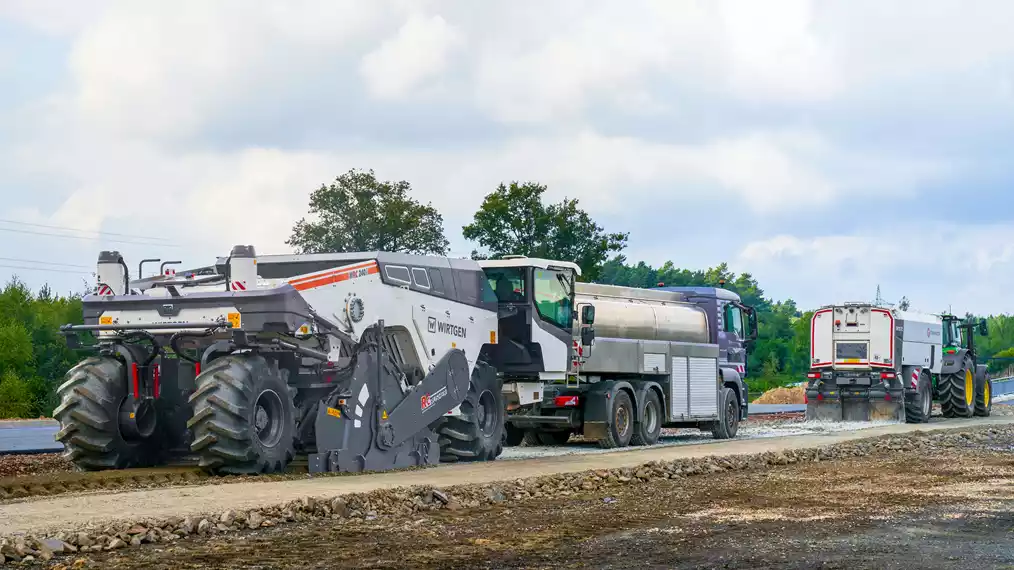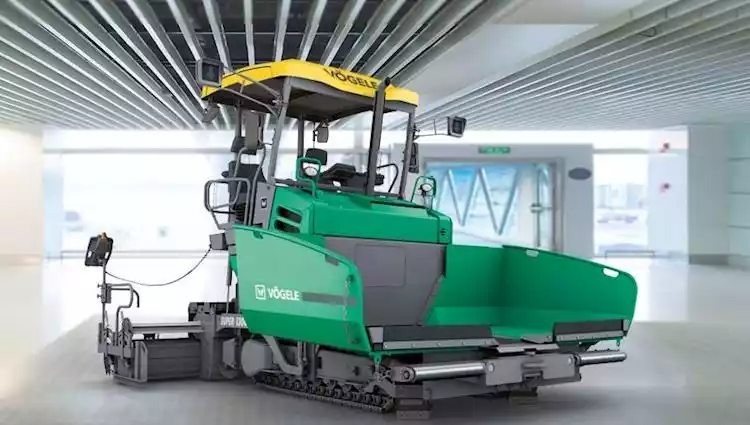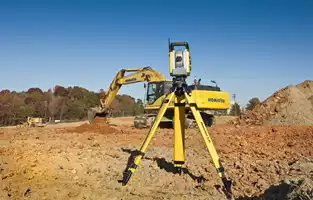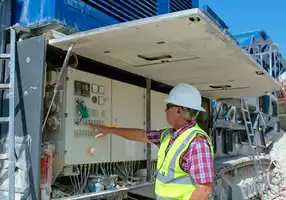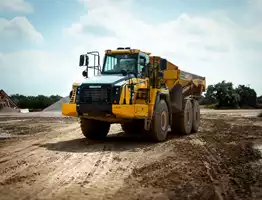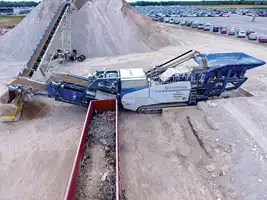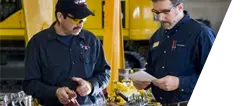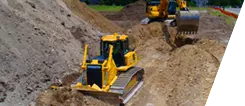FULL-DEPTH RECLAMATION
New Asphalt Foamed-Bit Road Restoration Process allows for Better County Maintenance of Roads
Author: Gary Corley, Kirby-Smith Machinery Key Account Manager & Paving Specialist
 Road Paving Reconstruction, asphalt maintenance, and new construction can present numerous challenges to local government entities, but none more significant than the reality of rising construction costs and the demand for timely project delivery. The population boom in Texas has administrators and road superintendents facing drastic growth regarding road maintenance needs. Correspondingly, when a project is undertaken, efficient completion time is paramount to lessen the negative effects on traffic and most importantly, on safety.
Road Paving Reconstruction, asphalt maintenance, and new construction can present numerous challenges to local government entities, but none more significant than the reality of rising construction costs and the demand for timely project delivery. The population boom in Texas has administrators and road superintendents facing drastic growth regarding road maintenance needs. Correspondingly, when a project is undertaken, efficient completion time is paramount to lessen the negative effects on traffic and most importantly, on safety.
Increasingly, counties, cities and DOTs are meeting these challenges with full-depth reclamation, specifically, the foamed-bitumen (foamed-bit) process. With new paving, asphalt resurfacing technologies and best practices developed by Wirtgen Group, foamed bit, also known as "foamed asphalt," is quickly becoming a favored reclamation process in the industry.
Kirby-Smith Machinery is a leading distributor of road building equipment and has repeatedly demonstrated the significant benefits of full-depth reclamation with foamed aphalt stabilization and witnessed the process rapidly gain traction throughout Texas. Although this has been a viable method for pavement reclamation for more than 20 years, its prevalence is rather recent. What is the driving force behind this shift? Primarily, it is an enhanced ability to precisely plan, measure and place a designed roadbed while keeping the existing materials in place.
What is Full-Depth Reclamation?
Full-Depth reclamation involves simultaneously removing a prescribed depth of existing asphalt and mixing current roadbed material with an injected heated asphalt/water foam in the mixing drum of the recycler. A dry cement is metered out in front of the recycler and is mixed with the recycled foam blend as the recycler moves forward. The finely graded mixture is then compacted with a heavy-pad drum roller, graded and compacted again with a smooth double-drum compactor.
The roadbed attains densities in the high-90s range and is then ready for a riding course of hot-mix asphalt or seal coat. The finished product is a durable, high-quality reclaimed road, delivered in a fraction of the time compared to conventional methods and without road closure.
Wirtgen Group has added its proprietary technologies to a proven equipment line, helping the company refine the foamed-bit process into a reliable, easily duplicated, jobsite task. The key pieces of Wirtgen equipment used in this process are the WR 250i recycler (with foamed-bit delivery system), the Streumaster SW 16 cement spreader and a WLB 10S foamed-bit lab machine. The secret to any successful project begins in the lab, and the WLB 10S can duplicate the exact process that will occur in the mixing drum on the road. It also discerns the proper mix design, down to the precise amounts of oil, water and cement to add to the recycled road product. The workhorse WR 250i both pushes the oil tanker and pulls the water truck while recycling the roadbed. The Streumaster spreader works in the front and meters the exact cement measurement, which is added to the drum as the recycler passes over it. The compaction is achieved by a Hamm padfoot drum roller such as the H 16i P and finished with a Hamm HD + 120i double-drum roller.

"The finished product is a durable, high-quality reclaimed road, delivered in a fraction of the time compared to conventional methods and without road closure."
How much more effective is foamed asphalt than an alternative?
With a tacit understanding of how the process works and the corresponding benefits, one can begin to comprehend the potential savings in both time and money. In-place road rehabilitation and maintenance eliminates the costly removal and trucking of the existing roadbed and a prolonged traffic disruption. Why pay for the material in that road twice? The foamed-bit process is a low-cost, high-quality alternative. Various state agencies that have performed these projects report cost savings compared to conventional construction range from 30 to 40 percent. This process is well-suited for county road work where there are often many lane miles to maintain, usually with extremely limited workspace. In fact, 60 percent of all foamed-bit projects in the United States are currently completed at the county level.
Some Texas counties have already seen the benefits of foamed bit, as TxDOT has embraced the process and recently let four foamed-bit jobs on secondary roads – all with excellent results. The work was completed in Franklin, Limestone, Cass and Harrison counties. As an example of performance, the Limestone County job was an eight-mile, two-lane stretch (16 lane miles) and the foamed-bit section was finished in 13 days, without closing the road to traffic. Kirby-Smith and Wirtgen trained, organized and provided the equipment for all of these projects and will assist with additional TxDOT foamed-bit work in the near future.
As in other endeavors, experience and expertise matter. Kirby-Smith Machinery can point with pride to a successful resumé of foamed-bit projects in Texas and perhaps can be of service in the future for your road rehabilitation needs.
Questions regarding this progresive road rehabiliation technique? If so, give us a call or stop by your local Kirby-Smith branch as we’d be happy to answer any of your questions!


